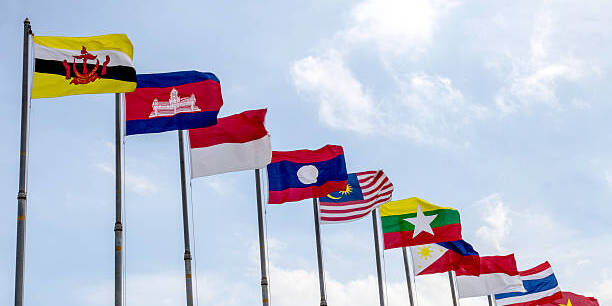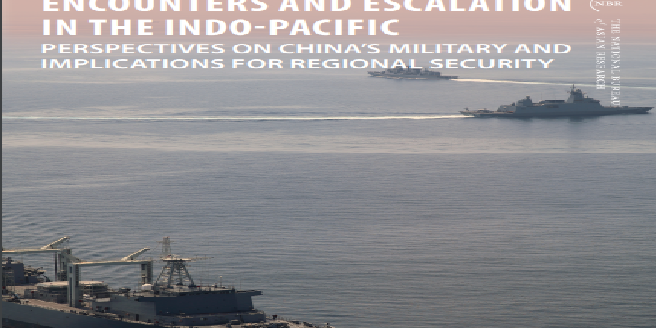Benjamin Tracy, for Pacific Forum
The South and East China Seas are strategic not only for US security and commercial interests, but are vitally so for US treaty allies Japan and the Philippines. Both countries are involved in territorial disputes with China, a rising power and security concern for the US and its allies. Despite treaty alliances with both, the United States has consistently confirmed that the Senkaku Islands in the East China Sea are covered under Article V of the US-Japan Security Treaty while stating that Philippine-claimed islands in the South China Sea are not explicitly covered in the Mutual Defense Treaty. This research project aims to understand why US policy is inconsistent in defending treaty allies’ territory. The methods used to solve this question are to look at the historical context of both disputes as well as strategic interests. UNCLOS is also analyzed to see whether international law influenced US policy. The result was that the US more consistently covered the Senkaku Islands due to the need to gain Japan’s trust as an ally in the post-war order and the US has an interest in maintaining status-quo in the region. There are three recommendations for the US in order to create a more consistent policy, which include signing UNCLOS, reengaging with regional allies such as the Philippines to establish a stronger defense commitment, and strengthening alliances with actors such as the Quad as well as the UK and France.
Click here.to access the full paper at Pacific Forum
Ben Tracy (benjamin@pacforum.org) received a BA in International Studies and Chinese Studies from Rhodes College in Memphis, Tennessee. He is currently working as an assistant language teacher with the Japan Exchange & Teaching Program. His interests are maritime security, the US-Japan Security Alliance, Chinese foreign policy as well as Chinese and Japanese domestic politics. He plans on pursuing a master’s degree in security studies.



